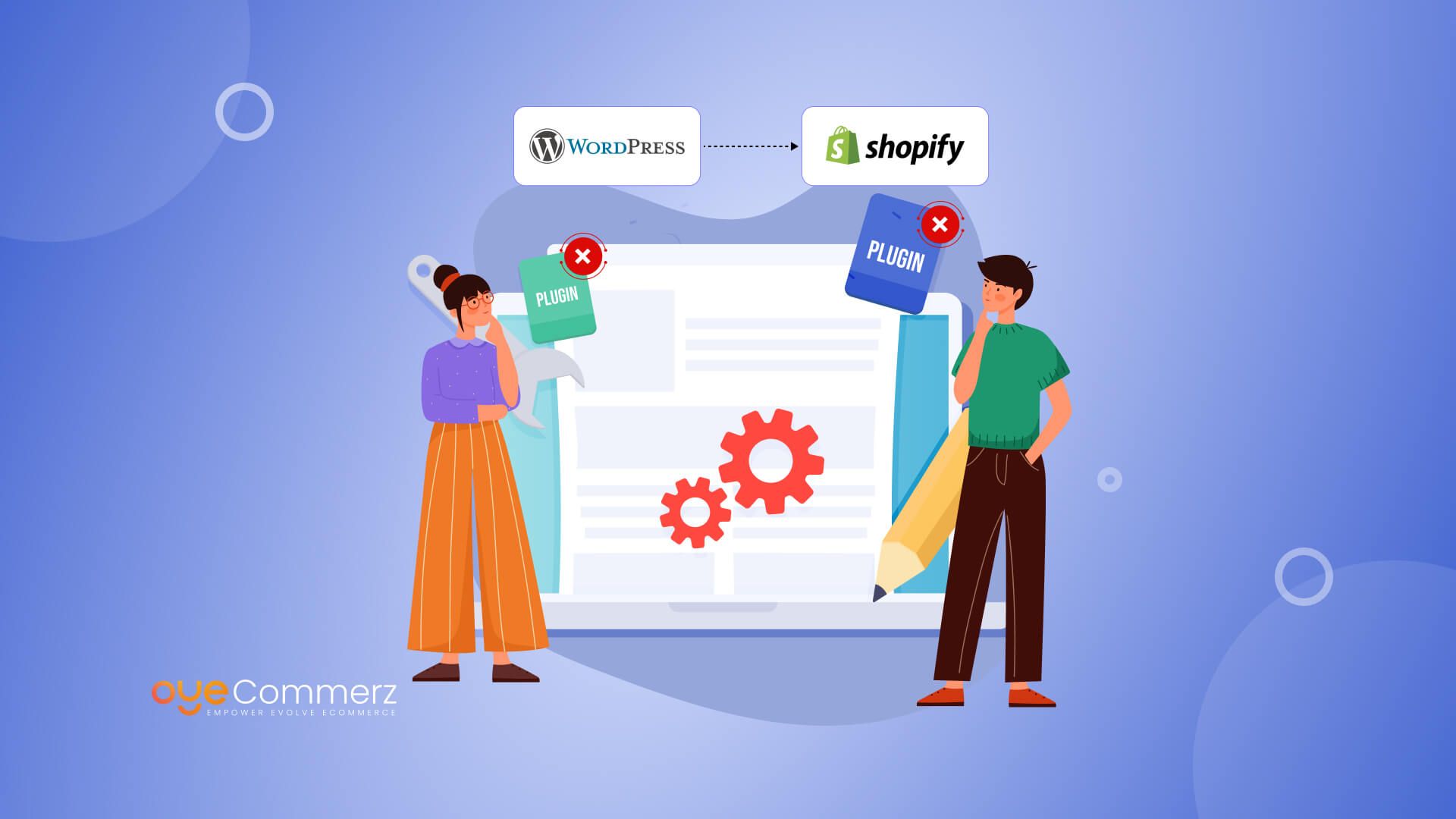In the ever-evolving landscape of online retail, choosing the right platform is crucial for your business's success. If you’re at the moment using WordPress and considering a migration to Shopify, you’re not the only one. Many businesses are shifting to leverage Shopify’s comprehensive tools, simplicity, and expandability. This guide will guide you on the steps of migrating from WP to Shopify effortlessly, making sure that you achieve your eCommerce potential.
Why Switch from WordPress to this platform?
Prior to diving into the migration procedure, it’s important to realize why this change can be advantageous for your eCommerce business:
Accessible Tools: Shopify provides an intuitive system that makes easier store handling, enabling for non-technical users.
Scalability: As your company expands, Shopify can handle higher traffic and sales without compromising performance.
Built-in Tools: Shopify provides built-in resources for SEO, analytics, payment management, and much more, eliminating the necessity for numerous plugins.
Robust Protection: With Shopify, you utilize strong security features that safeguard sensitive customer data.
Steps for a Effortless Migration
Migrating your digital shop from WordPress to Shopify requires several steps.
Here’s how to ensure a hassle-free transition:
Prepare Your Migration Approach
Start by drafting your migration plan. Decide on which elements of your current site you want to migrate, such as:
Product data
User details
Purchase logs
Posts
Pick the Appropriate Migration Solution
Based on your preferences, opt for a migration package that aligns with your store. OyeCommerz offers several options:
Entry-Level Plan: Perfect Shopify redirect setup for small stores with minimal products.
Mid-Tier Plan: Suitable for mid-range businesses with more complex demands.
Advanced Plan: Perfect for high-volume stores demanding custom customization.
Secure Your Information
Prior to beginning the migration, make sure that you have a full copy of your WordPress site. This task is crucial in situations where anything goes wrong during the transfer.
Retrieve Your Content from WordPress
Leverage tools or compare WordPress and Shopify custom scripts to transfer essential content from your WordPress site:
Items
Customers
Sales records
Content pieces
Migrate Data into Shopify
Once you have your information exported, utilize Shopify’s migration apps or specialized apps to migrate your content into your Shopify store. Ensure that all content is properly structured and placed.
Personalize Your Shopify Platform
Following uploading information, tailor your Shopify site’s theme to align with your brand identity. Think about hiring a designer if you require complex customization.
Establish Payment Gateways and Logistics
Set up billing solutions and logistics options in Shopify to facilitate a smooth transaction experience for customers.
Apply Search Engine Optimization Best Practices
To maintain your online visibility during the migration:
Use 301 link updates from old URLs to new ones.
Refresh meta tags.
Optimize visual content and text for search engines.
Review Your Migrated Platform
Before going live, completely review your Shopify store. Check for any broken links, transaction errors, or untransferred content.
Go Live Your Platform
When everything is in order, it’s the opportunity to publish! Inform the update to your clients and encourage them to experience the updated features of your Shopify store.
Post-Migration Support
Post releasing your updated store, ongoing support is essential. Think about partnering with service providers who can assist with:
Troubleshooting
Promotional campaigns
Enhancing features
Conclusion
Migrating from WP to Shopify can be a game-changing decision for your digital business. By following this guide and working with professional services like those offered by industry leaders, you can guarantee a smooth transition that improves your online presence. Embrace the shift and discover the potential of Shopify today!
